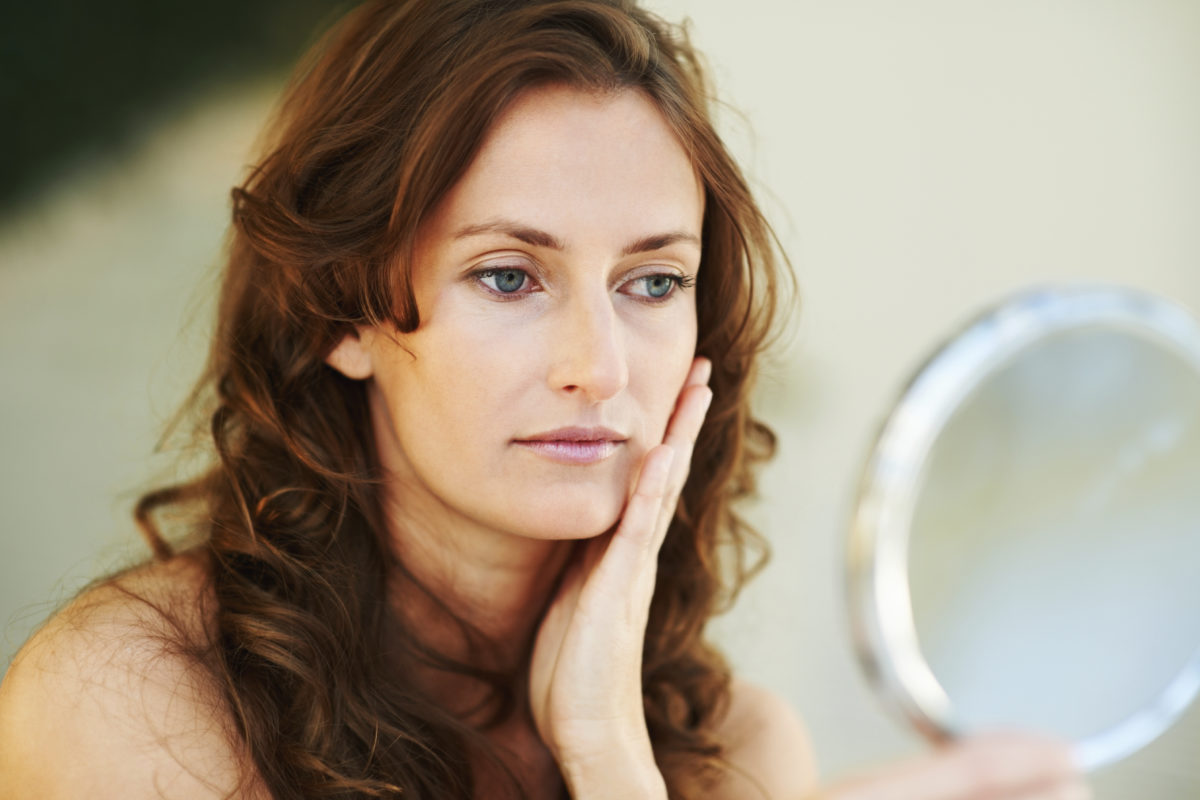Vitiligo, Melasma, and Other Skin Discoloration
Most skin pigmentation disorders result from the overproduction or underproduction of melanin. Melanin is the pigment that gives skin its natural color. Some pigmentation disorders affect just patches of skin, while others can affect your entire body.
Vitiligo
Vitiligo appears as skin patches that have lost their color, premature graying of hair (including eyebrows, eyelashes, and beard), and sometimes the eyes’ retinas changing color. This discoloration is caused by the immune system destroying melanocytes (pigment-producing cells). Vitiligo affects all sexes, races, and skin tones, but is mostly found in patients between ages 10 and 30 years old.
Melasma
Melasma is characterized by patches of darker skin appearing on the cheeks, jawline, or center of the face. This form of discoloration is linked to genetics and exposure to sunlight. It is also highly correlated with the production of certain hormones.
This tie to hormone production is why melasma is most commonly seen in women between the ages of 20 and 50, and especially prevalent for those who are pregnant.
Skin Discoloration and Skin Pigmentation Treatment
Depending on the kind and severity of the pigment disorder, our Providers can determine a course of treatment that works best for you.
Vitiligo Treatment
Although there is no cure for vitiligo, there are some tactics and treatments to mask its appearance. Options include protecting the skin with sunscreen, wearing coverup, applying topical creams, regularly undergoing light treatment, and surgery.
Melasma Treatment
Melasma treatments range from creams such as hydroquinone or corticosteroids to procedures such as light treatments, chemical peels, laser therapy, and microdermabrasion.
You can schedule an appointment with one of our Dermatology Providers at any of our locations to assist with skin discoloration and skin pigmentation treatment.













